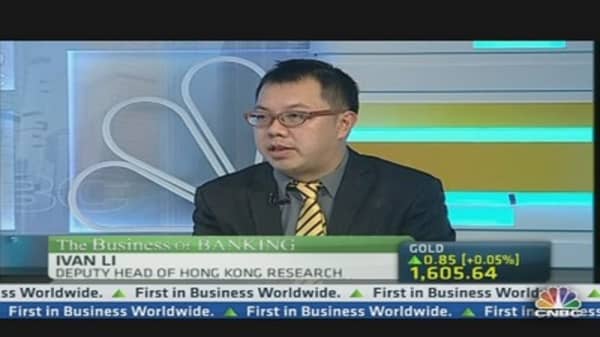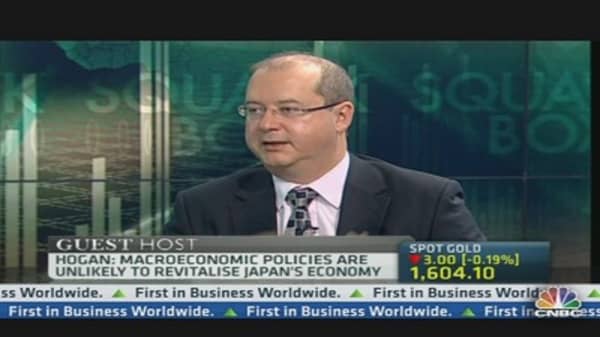Investors held off on buying as they await the central bank's highly-anticipated policy meeting under the new leadership of Haruhiko Kuroda. Expectations of bold stimulus have driven the Nikkei up 18 percent since the start of 2013 and investors are counting on Kuroda to deliver his promise of open-ended asset purchases to reflate the economy and weaken the yen.
Shares of battery maker GS Yuasa plummeted over 11 percent after Mitsubishi Motors said one of their batteries overheated on their hybrid Outlander vehicles.
The Nikkei is about 2.5 percent below Thursday's four-and-a-half-year high of 12,650.
Kospi Treads Water
South Korea's stock index managed to close in positive territory after hovering near the 1,990 level for most of the session. The index closed 3 points shy from a two-week high of 1,996 points and is down 0.2 percent for the first quarter.
Investors sat on the sidelines as they awaited further details of a spending bill that could boost economic growth and drive stock market gains. South Korea's government promised fresh stimulus measures on Thursday, including an extra budget over the coming weeks.
Sydney Falls 0.6%
In Sydney, a 17 percent plunge in shares of Nufarm weighed on the index after the pesticide maker warned of losses for the fiscal year.
The Reserve Bank of Australia (RBA) holds a policy review next Tuesday and investors will be curious to see if the central bank will cut cash rates in a bid to insulate the economy from the ongoing euro zone instability. The RBA left the door open to further cuts at a meeting earlier this month.
(Read More: Are Aussie Stocks Headed for a Correction?)
One factor that plays in favor of more easing is a high Australian dollar after the currency hit a two-month high of $1.0445 on Tuesday.
The benchmark ended the first quarter up 7 percent but fell 2.7 percent for March.





